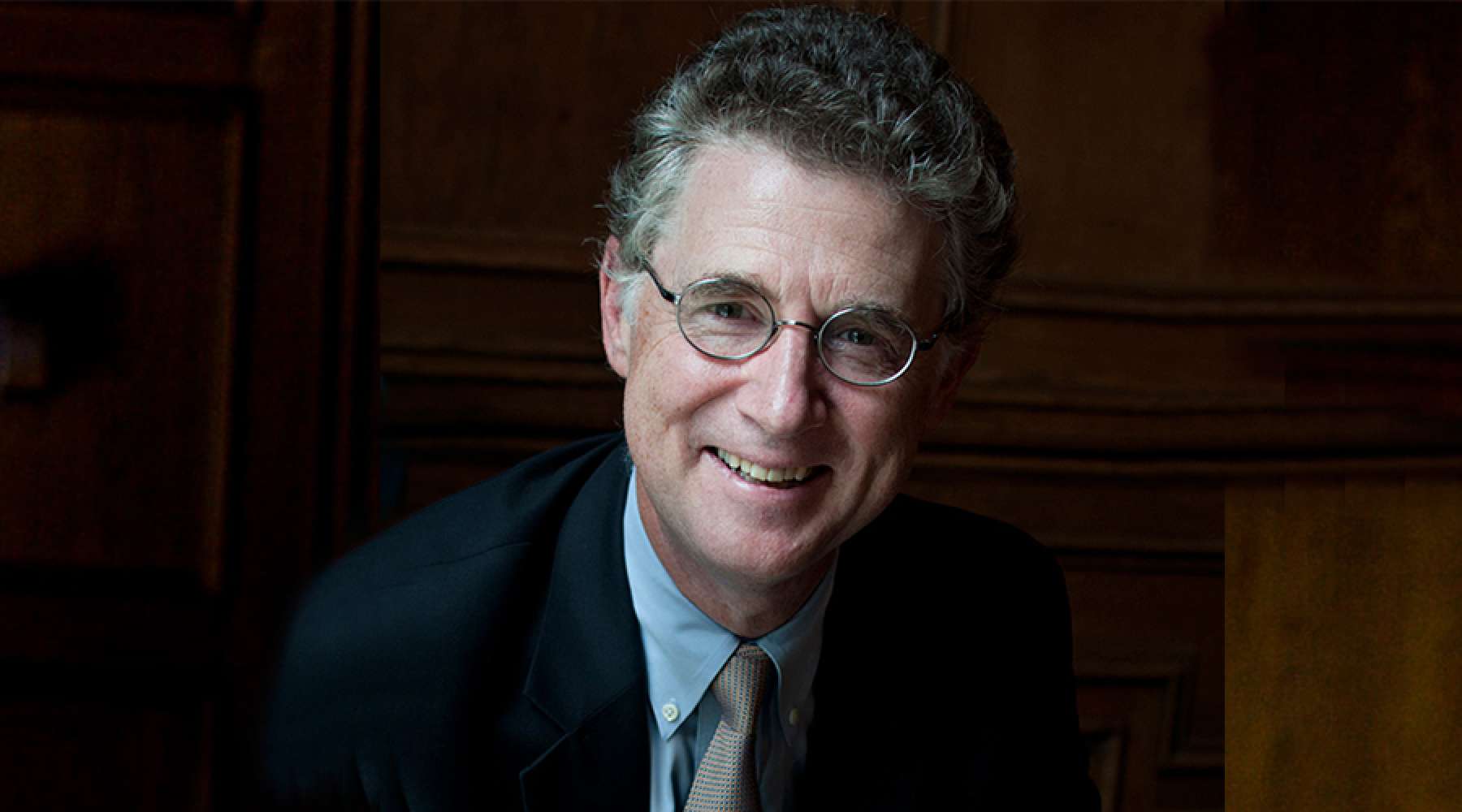
Peter Fisher is a senior lecturer at Tuck, a senior fellow at Tuck's Center for Global Business and Government, and senior director of the BlackRock Investment Institute. At BlackRock, Fisher helps leverage the firm’s expertise across asset classes, client groups and regions to produce information that makes BlackRock’s portfolio managers better investors and helps deliver positive investment results for clients. Prior to assuming this role in February 2013, he led BlackRock’s Fixed Income business managing a 450-person team overseeing portfolios with more than $1.3 trillion under management. Fisher joined BlackRock in 2004, and from 2005 to 2007 served as Chairman of BlackRock Asia.
On Monday, December 15, Fisher led a live chat on the Tuck Facebook page where he answered questions on the Fed and the economy. Below is a transcript of the chat.
Peter: For many months markets have been expecting the Fed to raise rates (off of the "near zero" floor) and are still expecting other central banks—The European Central Bank, The Bank of Japan, The People's Bank of China—to keep easing monetary conditions. So, much of this has already been reflected in the US dollar's strength over the past year. The US Dollar is likely to continue to strengthen a bit, but not as rapidly or as persistently. There is also the risk that the central banks "disappoint" market expectations by the Fed sounding "dovish" even as they raise rates and by other central banks not easing any more (than now expected); in this case we could see the Dollar trade sideways or decline and its trading become more volatile.
Peter: For almost a year, Chair Yellen has been explaining that "when" the Fed starts to raise rates is less important than "the expected path" of interest rates—that is, the pace at which they raise rates. In the Committee's statement on Wednesday, and in her press conference, we will see how they set our expectations for the pace of further increases in overnight interest rates in 2016. Yellen has strongly indicated that the pace will gradual. What we don't know is whether they will suggest that we think of this as being dictated by the calendar (every other month, once a quarter, or twice a year) or whether they will be "data dependent"—meaning that there is no set rhythm but they will raise rates faster or slower depending on how the economy does. Of course, "data dependent" makes sense, given the Fed's goals. But they will also be tempted to suggest it won't be "fast". They really can't have it both ways. How the Committee and Yellen explain this is the most important thing to look for on Wednesday.
Peter: The Fed waited longer than it has in past recoveries and this will make things difficult for the Fed. After the initial burst of fiscal stimulus by Congress in 2008 and 2009, fiscal policy has been in contraction, so the Fed felt obliged to keep rates low to overcome the fiscal drag on the economy. So, the Fed targeted improvements in the labor market and have been keeping rates at zero until they could see employment pick up. The cost, as you suggest, is that this created rapid credit growth in some parts of the economy, which we can see coming home to roost in the past few months and days in the high yield bond market. The boom-bust cycle in energy and commodities that we are witnessing was significantly influenced by rapid credit growth in these sectors. The perverse consequence that the Fed now confronts is that falling energy and hard commodity prices are dragging inflation lower. So, hoping to drive inflation a little higher (along with employment) the Fed now confronts the deflationary consequences of too much credit. As Irving Fisher wrote in 1933: "Just as a bad cold leads to pneumonia, so over-indebtedness leads to deflation."
Peter: The Fed has been waiting to end its zero interest rate policy until it can see the labor market recover from the great recession and, by their own measures, it looks like it has. Past experience suggests that once the unemployment rates goes below five and half percent that we should then expect a pick-up in wages—and inflationary pressure—within six months or a year. So Fed Chair Yellen has explained that because of these lags, she would rather start raising rates now and do so slowly than wait longer and have to raise more and more quickly later.
Peter: The significant inflow of capital that many economies experienced while the Fed was practicing "quantitative easing" and driving the dollar lower a few years ago created the boom-bust cycle that countries like Brazil are now grappling with. If we only "start the clock" now we will be tempted to think that the difficulties developing countries face are only a consequence of anticipating an increase in rates by the Fed. That's now how I see it. For example, the rebalancing of the Chinese economy—from investment and export led growth to consumption—is something Chinese authorities have been trying to do for more than ten years and are finally getting around to addressing. So, a strengthening US Dollar is a challenge for many developing nations, but is only a part of the story.
Peter: I'm not an energy or an oil expert. What I observe is that almost eight years of zero interest rates—to encourage more borrowing to stimulate the economy—stimulated too much borrowing against an expected price of oil, leading to the awkward balance sheet mismatch—falling revenues, fixed debt—that has caught oil producers. Other producers, like Iran, Saudi Arabia, are trying to hang on to market share, driving oil prices even lower. The Fed's easy monetary policy is not the only cause of this, but it is a significant cause. We now face the perverse consequence of ultra low interest rates stimulating exactly the deflationary forces that the Fed was intending to defeat.